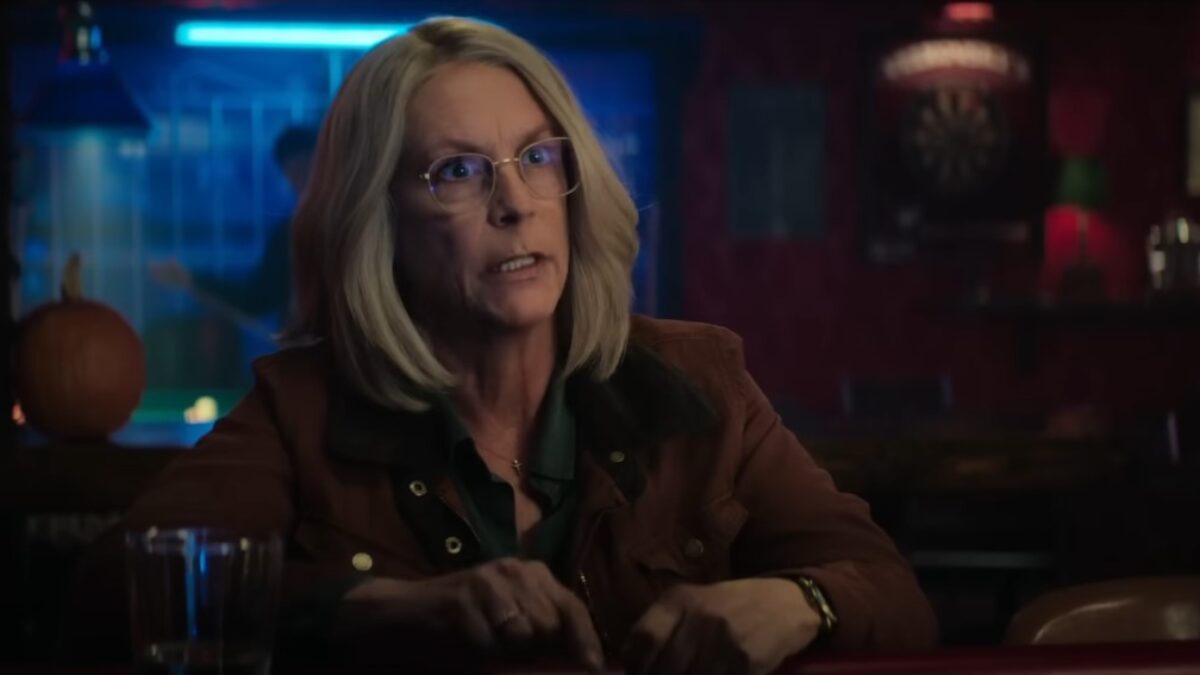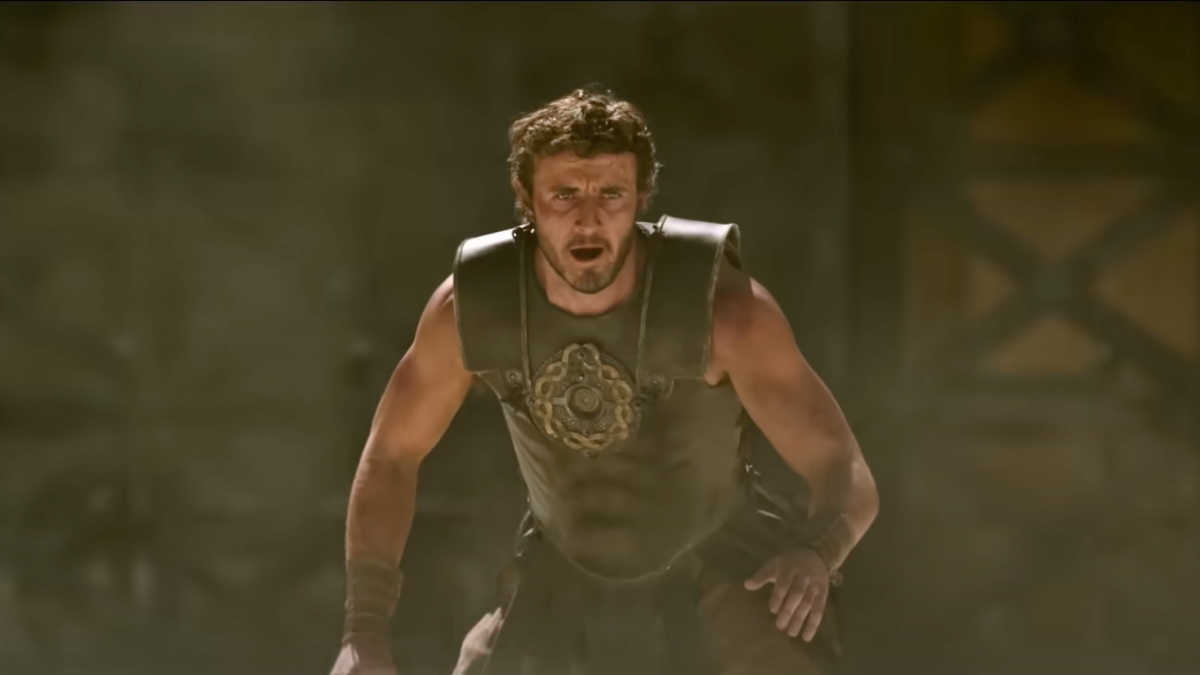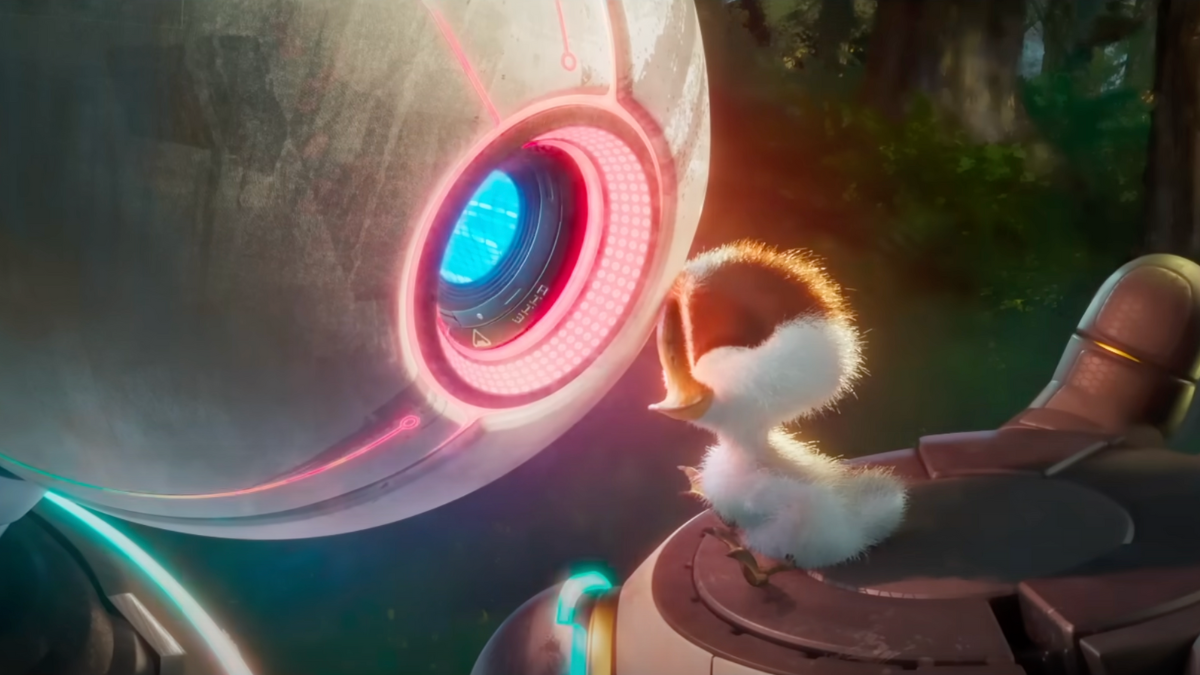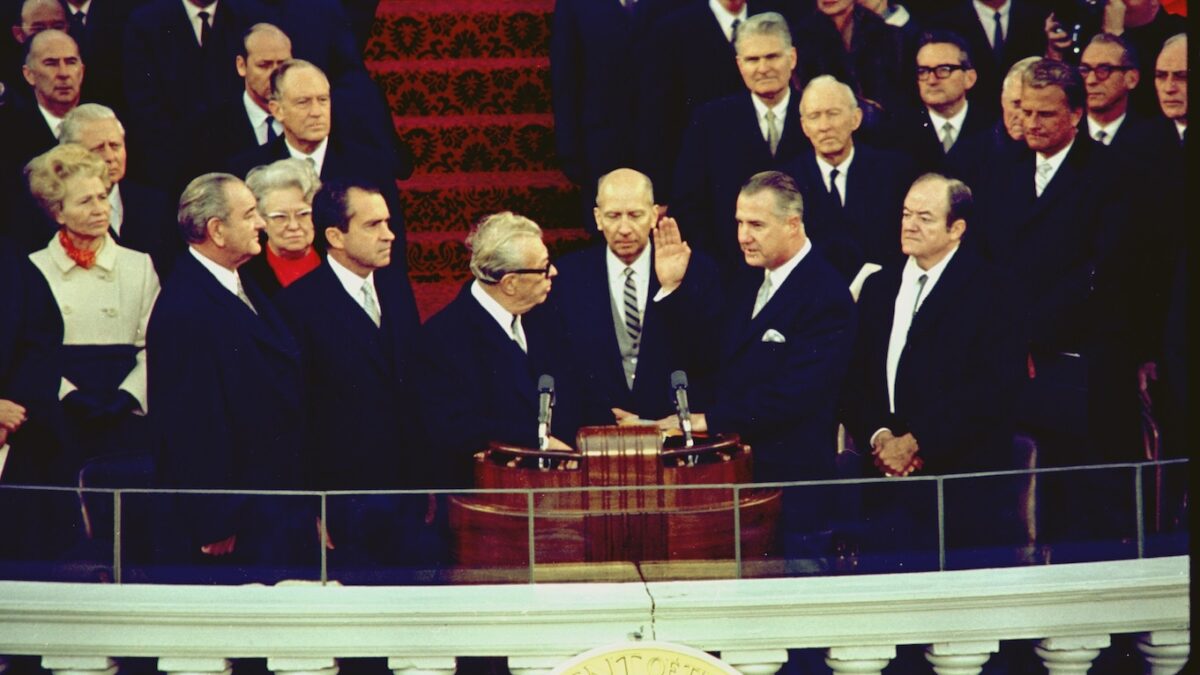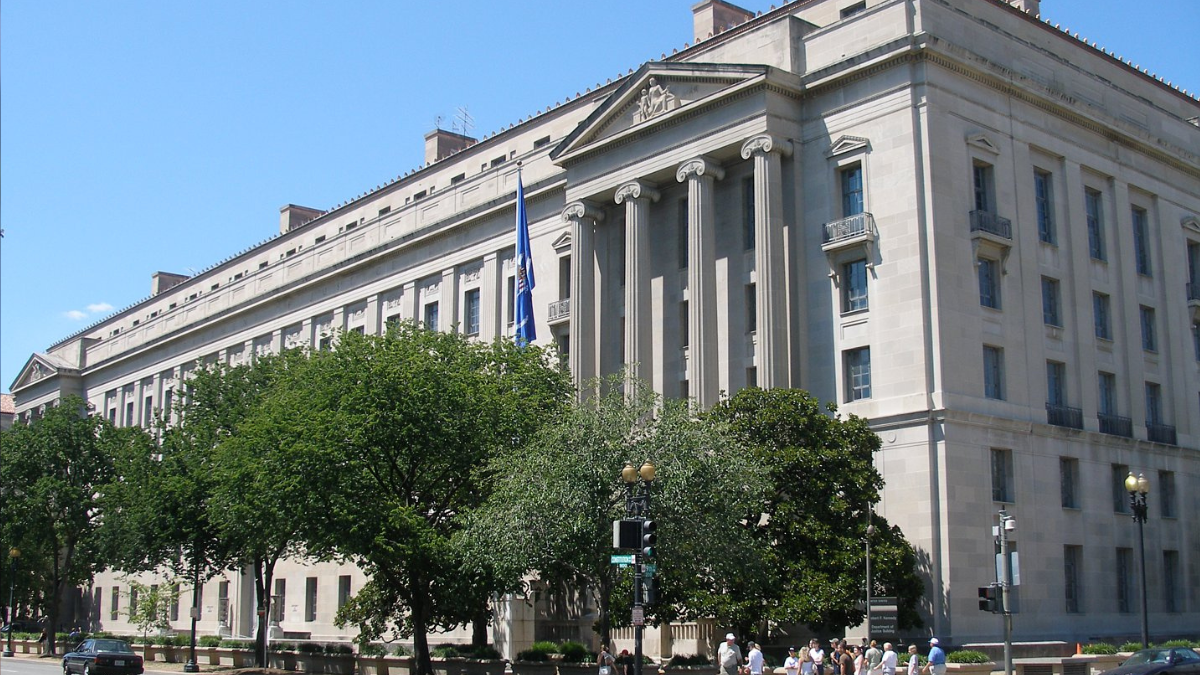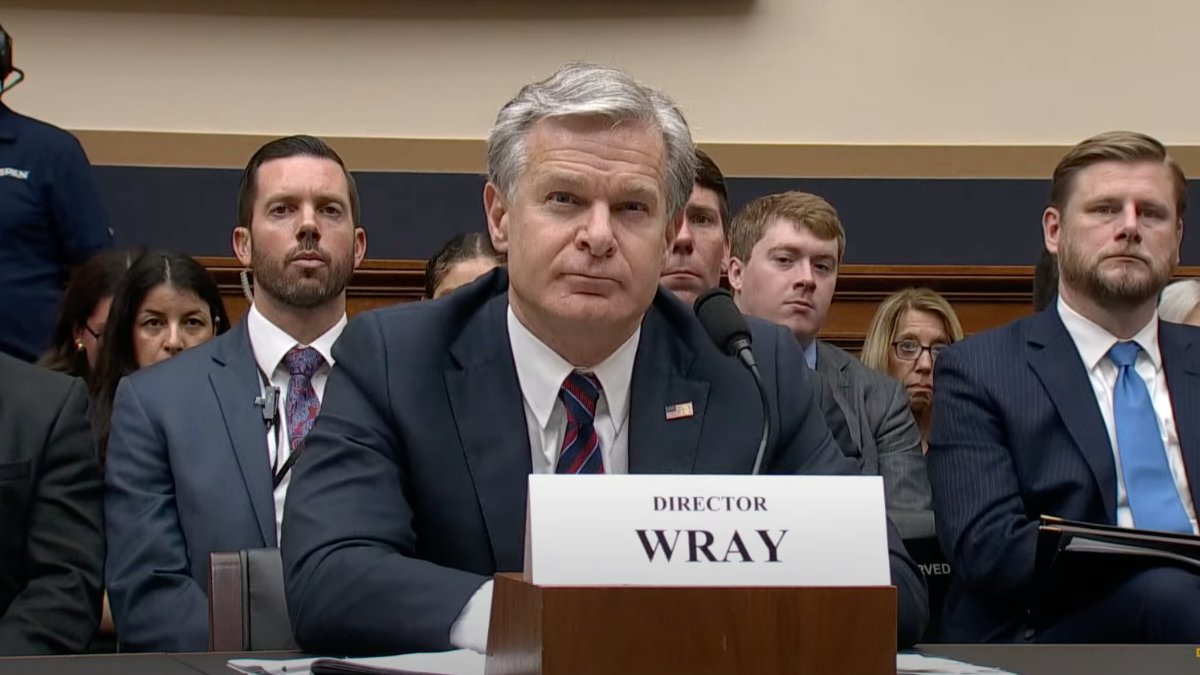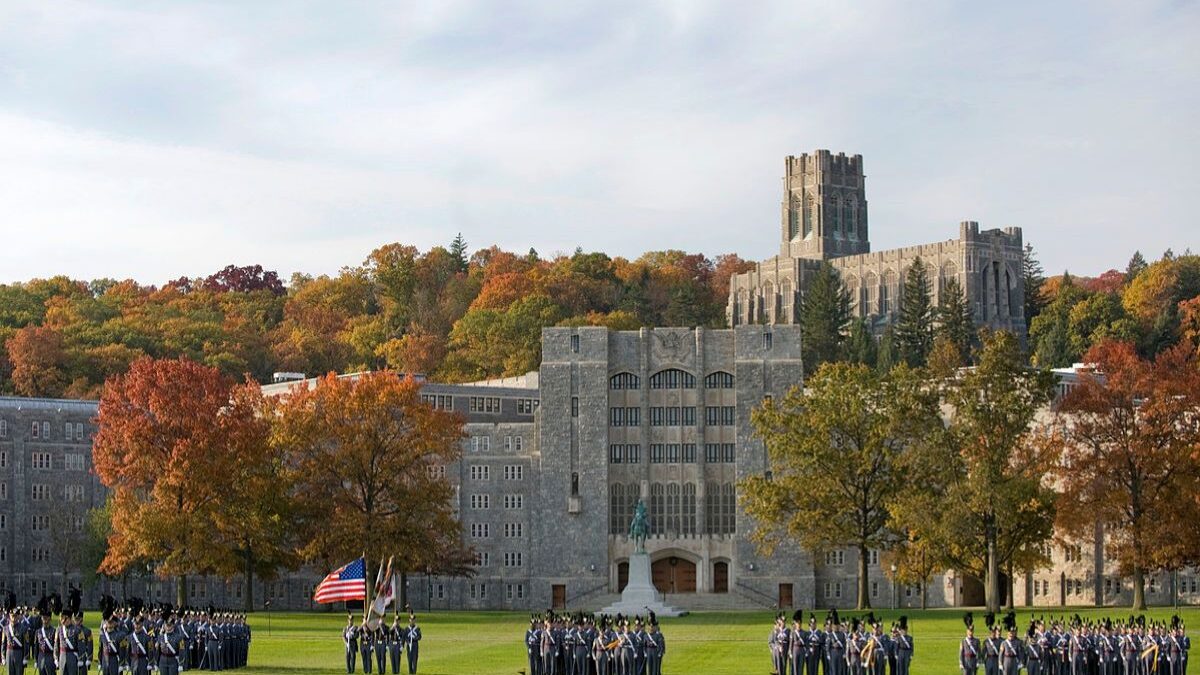To celebrate Halloween 2022, Universal Pictures is releasing the 13th installment in its long-running “Halloween” franchise, simply titled “Halloween Ends.” At 44 years old, this horror franchise predates the modern cinematic intellectual property (IP) mill trend and, in some ways, directly helped create the monstrous sequel machine that Hollywood has become.
The cinematic franchise madness largely started in the late-’70s with the release of films such as “Star Wars,” “Rocky,” “Star Strek: The Motion Picture,” “Jaws,” and “Alien,” all of which came out in a four-year span. And, of course, “Halloween” was right there in the mix, debuting in 1978. Despite being made on a shoestring budget with a limited release, it garnered widespread acclaim as audiences spread its praise like wildfire.
“Halloween” wasn’t the first slasher film, but John Carpenter’s low-budget masterpiece would soon redefine the genre and cause it to become a dominant cultural force during the ’80s. Its simplicity was easy to replicate. The “Friday the 13th” and “Nightmare on Elm Street” franchises would follow along soon after, filling the ’80s with a plethora of slasher films.
But unlike most other long-running IPs, “Halloween” wasn’t an accidental franchise. Usually, if a film makes money, Hollywood tries to milk it for more cash, so the prospect of producing direct sequels is typically just part of the conversation. But, from the beginning, “Halloween” was supposed to be an anthology film series, with each entry dealing with different horrific themes. The only unifying feature would be that each film took place on Halloween. The movies were not supposed to be narratively connected, but the money-making aspect took over, and this unique concept got set aside.
Sadly, the only entry that fits this original vision for the franchise is “Halloween III,” which has nothing to do with Michael Myers, Laurie Strode, or Haddonfield, Illinois. And while that film is one of the stronger entries in the series overall, it is very controversial among the franchise’s fans.
The franchise has also been through multiple reboots, which have caused all sorts of continuity confusion. And this latest entry, titled “Halloween Ends,” brings to a conclusion the latest reboot attempt. “Ends” is the capstone of a trilogy within the franchise that started in 2018, the 40th anniversary of the film. The 2018 film, titled “Halloween,” completely ignored the franchise’s mythology except for events depicted in the first film released in 1978 and told a fun but scary story with an aging Jamie Lee Curtis, who has been training for decades to take on the series’ terrifying antagonist Michael Myers. The sequel to that one, last year’s “Halloween Kills,” was a major misstep. It turned the townspeople of Haddonfield into a violent mob and made the viewer see Michael as somewhat sympathetic and almost heroic by the film’s end while failing to assemble a compelling narrative.
While “Halloween Ends” is better than “Kills,” it’s a perfect example of the perilous problems of sequelitis. If you’re a big fan of this franchise, then “Ends” might become one of your favorite entries because it is terrible in all the right ways.
“Ends” is a terrible film. Almost nothing in the script makes sense, and it’s hardly coherent. If “Kills” was boring, then “Ends” is a disaster. The film throws almost every stereotypical horror trope at the audience without explanation, and about every 10-15 minutes, the writers provide a cliche, cheer-worthy moment. “Ends,” if anything, works as mindless entertainment. It needs to be watched in the company of others to be enjoyed for the train wreck that it is.
And to the franchise’s credit, this provision of mindless entertainment is largely what has sustained it for so many years. Fans have learned to appreciate the different entries in franchises like this for different reasons. If someone actually wants to be scared, they should watch the original “Halloween” or the 2018 installment. If they want to laugh out loud, they should watch “Ends.”
However, it’s doubtful that the screenwriters were being ironic, considering that “Ends” actually goes for some level of relational complexity in its main characters. Nevertheless, the film fails to do the necessary character development to make any of it land. And that’s why everything that happens in the movie feels so cartoonish while ultimately playing for laughs.
Hopefully, now that this latest attempt at rebooting Michael Myers is complete, whoever gets brought on to continue the franchise will return to the original anthology concept. It’s hard to see how any new stories can be squeezed out of Michael Myers.
